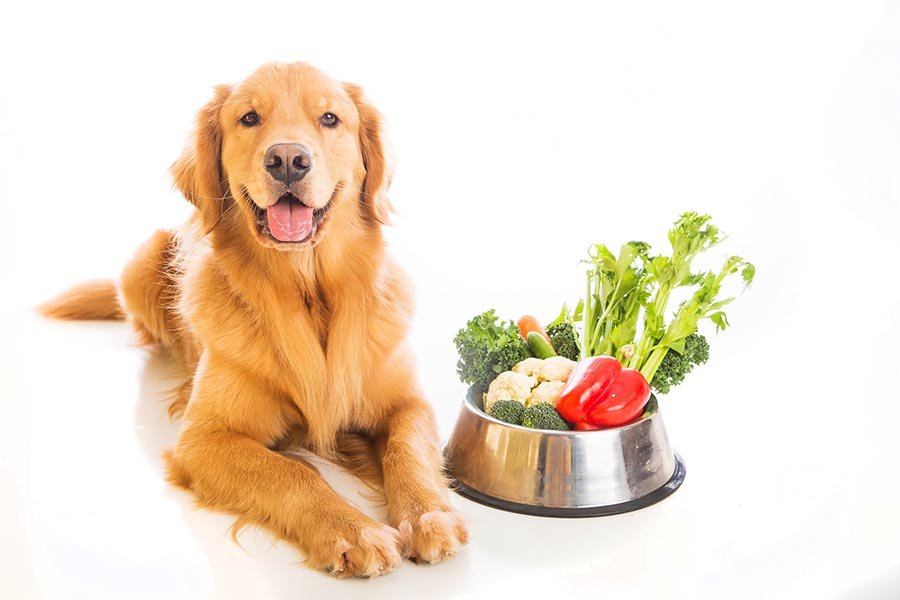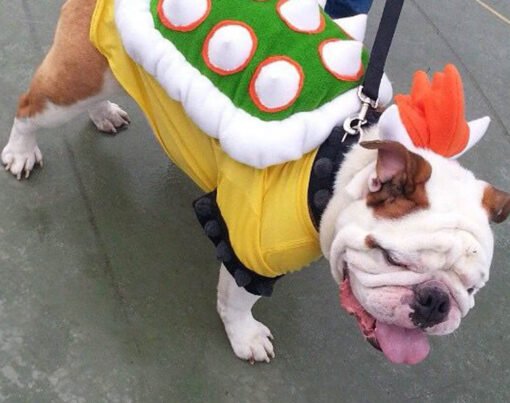Your pet is a part of the family. You want their life to be as comfortable and healthy as possible. But there are so many pet nutrition opinions out there.
How do you know what to feed your furry friend? And how do these foods affect their health?
Continue reading to learn all about pet nutrition and how to keep your furry friend healthy with the right diet.
Table of Contents
1. All Pets Need Dietary Protein
Pet nutrition is a very important factor to consider when caring for your pet. All pets need dietary protein to be healthy, regardless of type or size. Amino acids, the building blocks of protein, are necessary for cell growth, tissue repair, and enzyme production.
It is important to ensure your pet is getting the correct amount of dietary protein which is determined by their size, species, age, and activity level. If not, your pet can suffer from a variety of health issues such as muscle wasting, malnutrition, or organ dysfunction.
2. Fats Are the Most Concentrated Energy Source
When it comes to pet nutrition, one of the most important things to know is that fats are the most concentrated energy source. As essential macronutrients, fats provide essential fatty acids, promote healthy skin and coat, and support absorption of certain fat-soluble vitamins. Pet foods often contain sources of healthy fats like:
- chicken fat
- fish oil
- vegetables oils
These of which are loaded with health promoting properties. When selecting a pet food, consider the source and amount of fat. In general, the source should be high quality and not leftovers from the human food production process.
3. Carbohydrates Help Promote GI Health
Carbohydrates are an essential part of your pet’s diet, providing them with energy and helping to promote GI health long-term. When choosing foods for your pet, try to select those with a mix of fiber, starches and whole grains to ensure a balanced diet.
Complex carbohydrates such as vegetables and whole grains, provide slow-digesting energy and are important for pets on restricted carbohydrate diets. This is what you should know, feeding your pets a high-quality diet can also reduce the risk of GI diseases and giving them probiotics can improve their gut health and overall wellbeing.
4. Cats Are Obligate Carnivores
Cats are obligate carnivores, meaning they have to have meat to survive. This makes the nutrition that you feed your cat of the utmost importance.
You should always feed your cat premium-grade, meat-based diet to get all the vitamins and nutrients they need. Avoid diets that are filled with fillers such as corn, wheat, and soy.
5. Get Your Advice From a Good Source
When seeking advice on pet nutrition, it is important to get your advice from a good source. Make sure the source is reputable and based on scientific research. Speak to a veterinarian, as they are in a great position to give advice on pet nutrition.
They can provide information on the proper diet for your pet, as well as how and how much to feed your pet. They might also advise you to obtain a Pet First Aid Certification. This will ensure that you’re well-trained when an emergency occurs.
Learn More About Pet Nutrition Today
Proper pet nutrition is essential for the health of your pet. Knowing the nutritional needs of your pet, what food is best for them, and staying up to date on the newest trends can help you to provide the best nourishment possible. Contact your veterinarian today if you want to learn more about proper pet nutrition and make sure your pet gets the best nutrition possible!
Did you find this article helpful? Check out the rest of our blogs!










